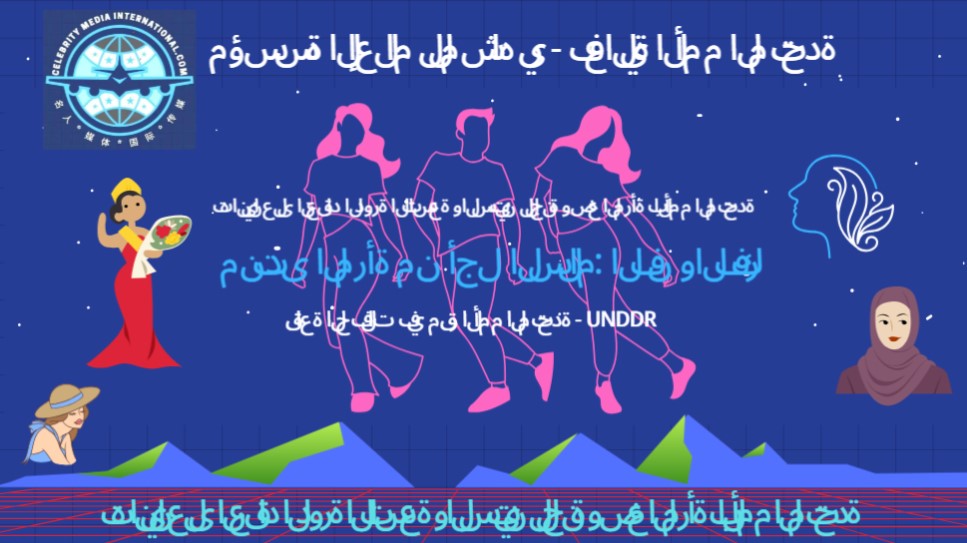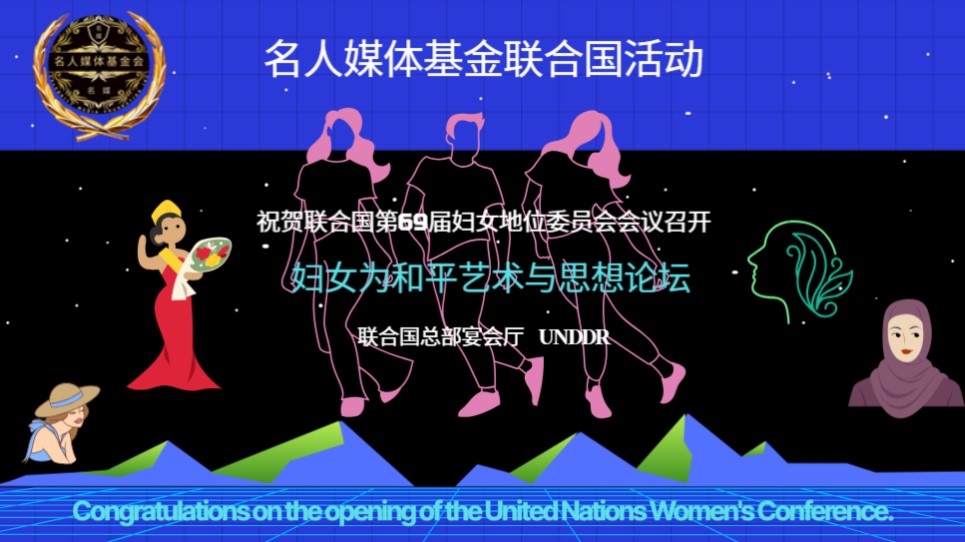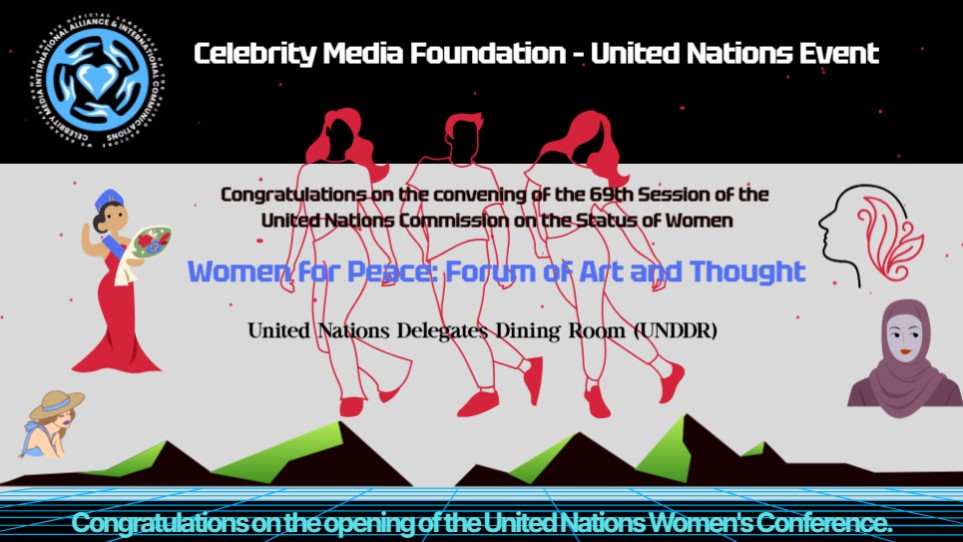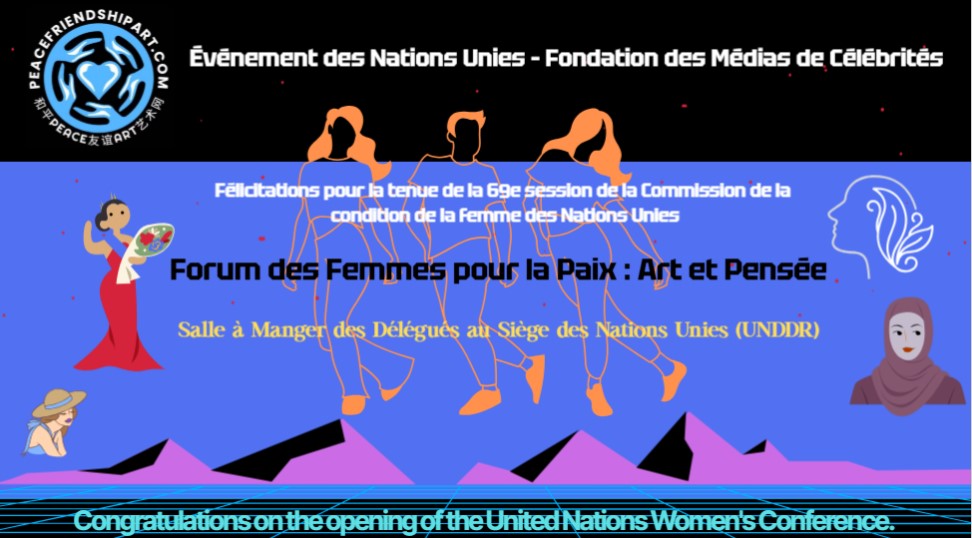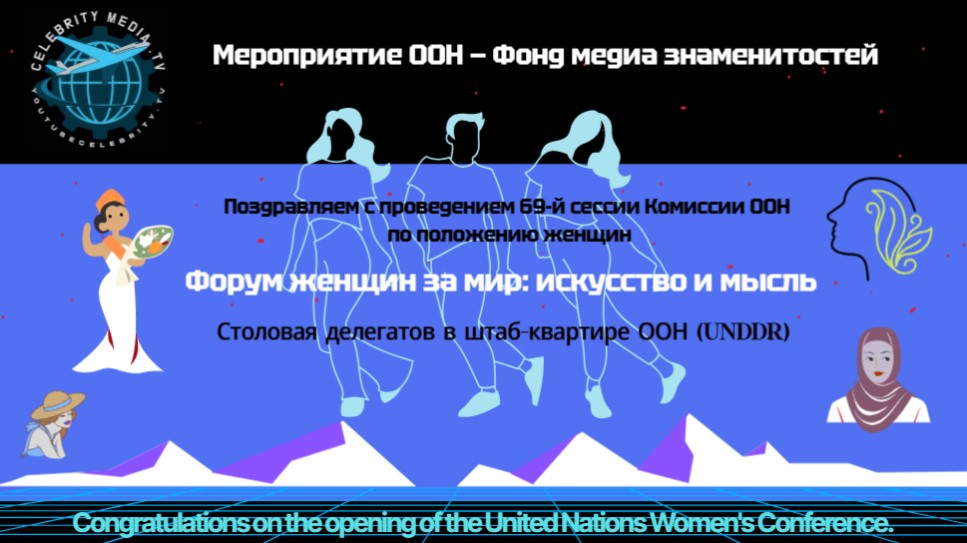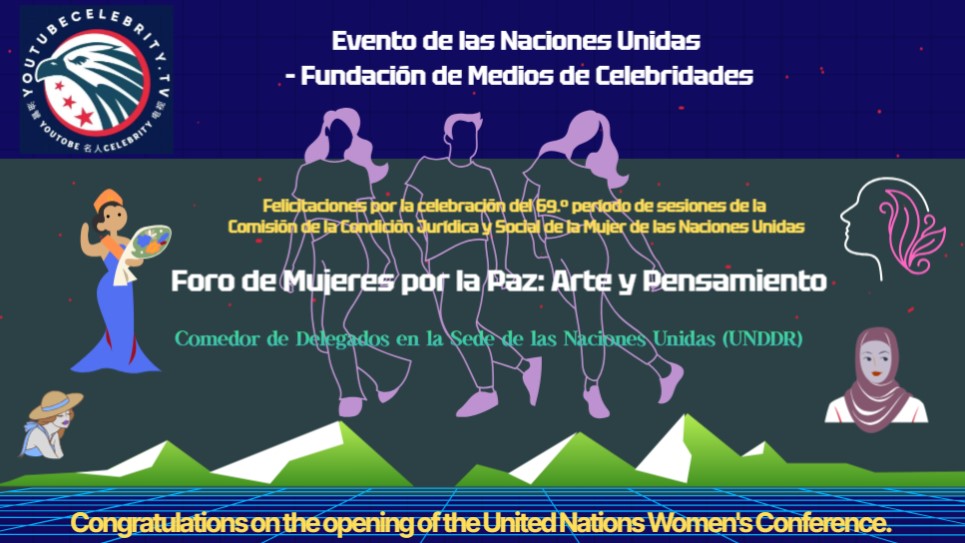Guterres highlights ‘maximum impact’ reform agenda

The Secretary-General on Wednesday outlined a set of proposals to strengthen the UN’s effectiveness and improve coordination across its three core pillars: peace and security, sustainable development, and human rights.
Addressing the General Assembly, António Guterres briefed Member States on the structural reforms and programme realignments that are needed across the UN System to make it fully fit for today’s challenges.
“My vision for the United Nations system is clear: Entities that work together as one, to deliver better – overcoming fragmentation, eliminating duplication, improving funding models, and maximizing synergies,” the Secretary-General said.
‘For the people we serve’
He stressed the need for a more streamlined, collaborative, and cost-effective approach, “ensuring that resources entrusted to us deliver maximum impact for the people we serve.”
As part of the reform drive, Mr. Guterres announced the creation of a dedicated UN80 implementation team to advance reform proposals, either by bringing them to decision-making intergovernmental bodies – or moving forward unilaterally where it is within his authority.
“The ultimate direction of the UN80 Initiative rests with you, the Member States of the United Nations,” Mr. Guterres emphasised.
The briefing is part of the UN80 Initiative, which aims to streamline operations, sharpen impact, and reaffirm the UN’s relevance in a rapidly changing world.
This is the third of three workstreams created to guide the reform process.
Workstream 1 focuses on modernising business operations and improving efficiency across the Secretariat and the UN System -including through consolidated administrative platforms, relocations to lower-cost duty stations, and reduced real estate costs-while safeguarding core programme delivery.
Initial proposals included in the revised estimates for the 2026 budget, are now before the General Assembly’s Fifth Committee, with decisions expected by December this year.
Workstream 2 examines the full lifecycle of mandates to strengthen coherence, accountability, and impact.
Its initial recommendations are under consideration by an Informal Ad Hoc Working Group of the General Assembly, co-chaired by Jamaica and New Zealand, which is leading a “discovery phase” through the end of 2025.
Shifting paradigms
Among the over 70 proposals included in the first progress report for workstream 3 is the plan to consolidate and reconfigure peace and security teams at Headquarters in New York, as well as special political missions in Yemen, Cyprus and Central Africa.
Other potential reforms include a merger between the UN Development Programme (UNDP) and the United Nations Office for Project Services (UNOPS), a move Mr. Guterres said would “create a stronger engine for sustainable development, with greater reach and scale.”
He also pointed to the possibility of merging UN Women and the United Nations Population Fund (UNFPA) to form “a unified and more powerful voice on gender equality and the rights of women and girls.” [More details on the proposals on this UN News story]
‘More than a cost-cutting exercise’
Ahead of his briefing, Member States heard from Annalena Baerbock, the President of the General Assembly, who echoed the need for Member States to engage on the reform proposals set forth in the Secretary-General’s report.
Calling it “more than a cost-cutting exercise,” she summarized the UN80 Initiative as being “about efficiency, agility, and the ability to leverage state-of-the-art technologies.”
She also stressed that while Member States cannot ignore the “precarious fiscal situation”, they have a responsibility to the people which the United Nations serves.
“We cannot sacrifice the principles of this institution in the name of the ‘bottom line,” Ms. Baerbock said.
Check out our UN News explainer on the UN80 initiative, here.

安东尼奥·古特雷斯在大会发表讲话时向会员国介绍了整个联合国系统需要进行的结构改革和方案调整,以使其完全适应当今的挑战。
秘书长表示:“我对联合国系统的愿景很明确:各实体团结一致,更好地开展工作——克服碎片化、消除重复、改善筹资模式、最大限度地发挥协同效应。”
“为了我们服务的人民”
他强调需要采取一种更加精简、协作和具有成本效益的方法,“确保委托给我们的资源为我们服务的人们带来最大的影响。”
作为改革运动的一部分,古特雷斯先生宣布成立一个专门的联合国80周年执行小组来推进改革建议,要么将其提交给决策政府间机构,要么在其权力范围内单方面推进。
古特雷斯先生强调:“ UN80倡议的最终方向在于你们,联合国会员国。”
此次简报会是联合国 80 周年倡议的一部分,旨在简化运作、增强影响力并重申联合国在快速变化的世界中的重要性。
这是为指导改革进程而创建的三个工作流程中的第三个。
工作流程 1 侧重于实现业务运营现代化,提高整个秘书处和联合国系统的效率,包括通过合并行政平台、迁移到成本较低的工作地点以及降低房地产成本,同时保障核心计划的实施。
2026 年预算修订估计中包含的初步提案现已提交大会第五委员会,预计将于今年 12 月做出决定。
工作流 2 审查任务的整个生命周期,以加强一致性、问责制和影响力。
其初步建议正在由大会非正式特设工作组审议,该工作组由牙买加和新西兰共同主持,并将领导“探索阶段”,直至 2025 年底。
范式转变
工作流程 3 的第一份进度报告中包含了70 多项提案,其中包括合并和重组纽约总部的和平与安全团队以及也门、塞浦路斯和中非的特别政治任务的计划。
其他潜在的改革包括联合国发展计划署( UNDP)和联合国项目事务厅(UNOPS)的合并,古特雷斯先生表示,此举将“为可持续发展创造更强大的引擎,具有更大的影响力和规模”。
他还指出,联合国妇女署和联合国人口基金(人口基金)有可能合并,从而形成“在性别平等和妇女及女童权利方面统一且更有力的声音”。[更多有关该提案的详情,请参阅这篇联合国新闻报道]
“不仅仅是削减成本”
在秘书长通报之前,会员国听取了大会主席安娜莱娜·贝尔博克的发言,她赞同会员国参与秘书长报告中提出的改革建议的必要性。
她称其“不仅仅是一项削减成本的举措”,并将联合国 80 周年倡议概括为“关于效率、灵活性和利用最先进技术的能力”。
她还强调,会员国虽然不能忽视“不稳定的财政状况”,但他们对联合国服务的人民负有责任。
“我们不能以‘底线’的名义牺牲这个机构的原则,”贝尔博克女士说。
